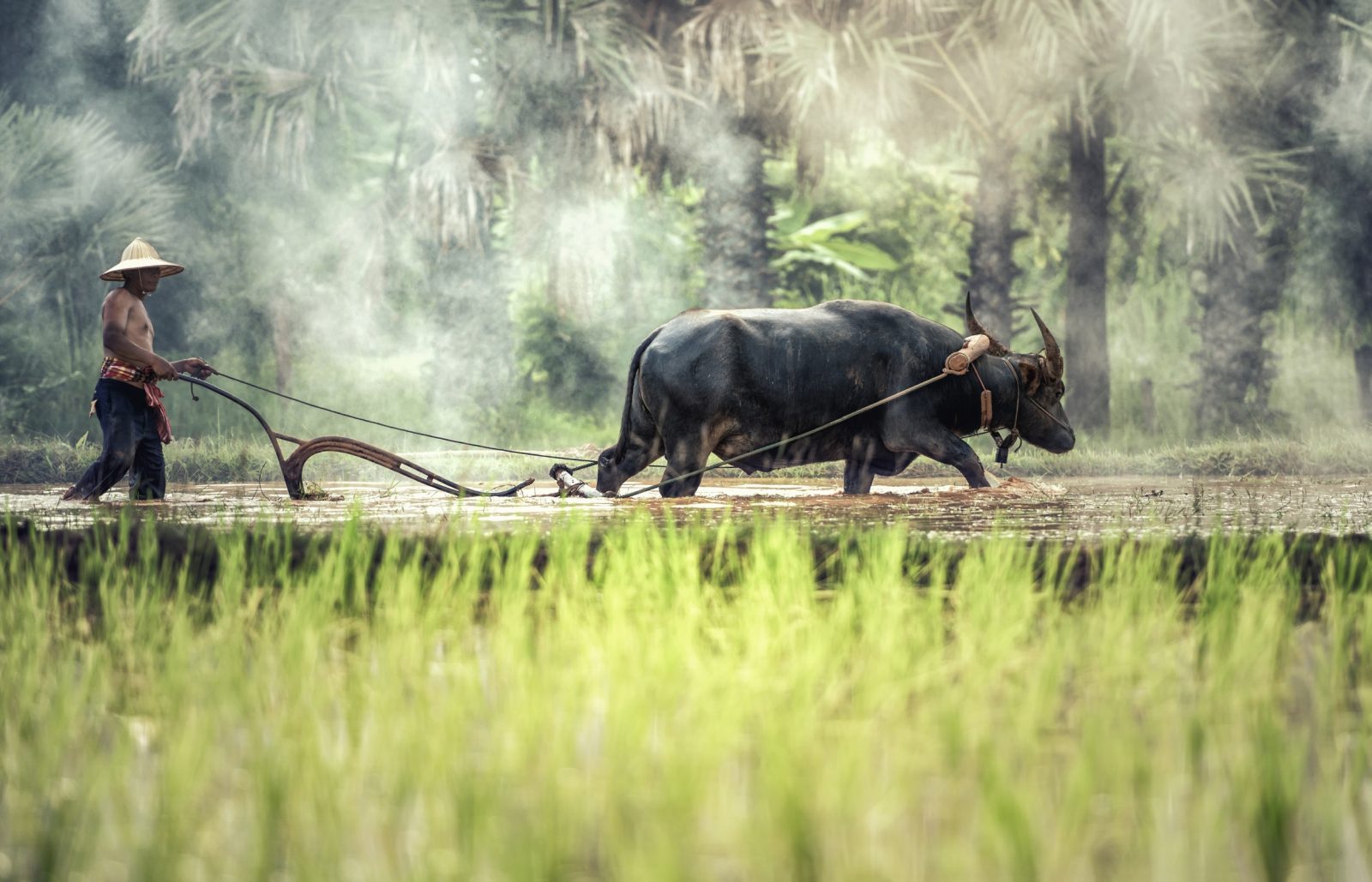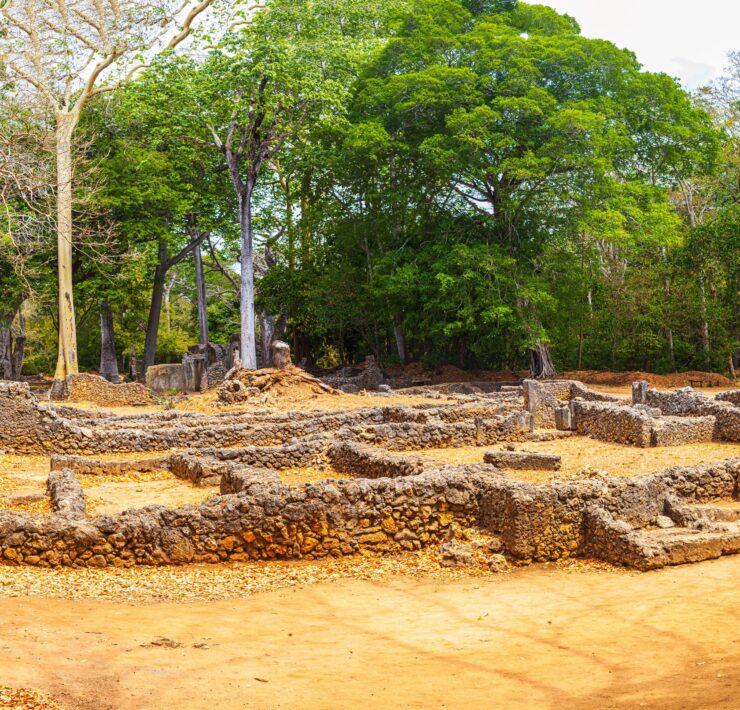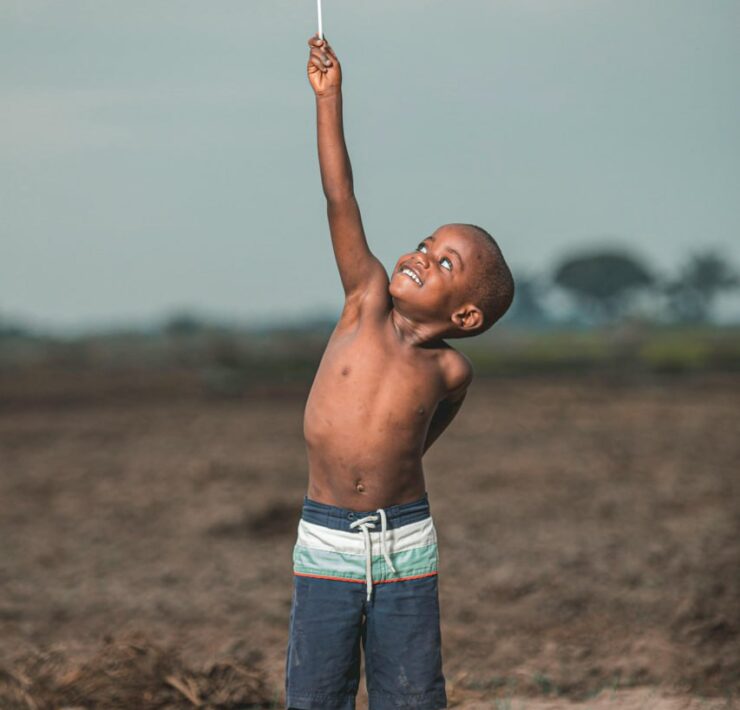
Abel Merawi is from Addis Ababa. He is an English…
Read Next
(Literary Depiction in Sibhat’s Short story: “Five Six Seven”)
Imagine a man who is willing to do anything for his family. Try to picture a toiling farmer who looks up to the sky for a drop of rain, but is stuck with a barren land and a single ox. What can be worse for such a man than living in destitution with five little children and a feeble wife? But it gets worse! This man had to bear witness to the death of his wife and five children. Feeling powerless and dragged to the depth of despair makes him question his faith in God. This is the life, the literary genius of Ethiopia, Sebhat Gebre-Egziabher, portrays in his short story, ‘Five Six Seven’. Reading this masterpiece makes one wonder how such calamities befall a man. Above all, the mentality such a man develops when faced with these tragedies is worth examining. It also points to the failure of politicians and intellects, as they continue to ignore the deplorable life Ethiopian and generally African rural populations endure.
This short story can be examined from various vantage points. Focusing the attention on the main character, Bersufekad, helps to unravel all aspects of the story. Bersufekad struggles with many forces, the major one being poverty. It is poverty that creates his conflict with his neighbor. It is again poverty that makes him struggle with nature. In the end, it is poverty that provokes him into denouncing God and into a mental breakdown. In the beginning of the story, we see the physical strength and determination of Bersufekad. We see that he put all his trust in God and began a family of his own. He became a father of five, relying on his oxen and land. He was in total darkness as to the misfortune that was to strike him soon after.
Being a typical Ethiopian farmer, he had put all his faith in God’s gift – rain. But the sky deprived him of this basic element. His coping method was simple – selling his oxen. He sold all except his treasured ox, Sisay. He tried to make the most out of what was left, but this too ended in despair, with the severe injury of his ox. An injured ox equals to an unproductive ox, which leaves the owner with one seemingly useful act – slaughtering the ox for consumption. This is what Bersufekad did; this marked his departure from sanity. The author portrays this very act as one which marked the battered farmer’s downfall. The treasured companion, Sisay, was more than a mere ox. Sisay symbolized livelihood and genuine loyalty. Sisay was the world for Bersufekad just as any ox is to the farmer.
It is necessary to reflect at this turn of events. Who was to blame; Nature, God, or himself? Bersufekad took it as the work of God. I believe this is the reaction of most Ethiopian farmers throughout the centuries; always waiting for rain and depending on oxen for farming. Hence, the world of the farmer crashes when nature changes its course.
The expression, ‘Don’t put all your eggs in one basket’ suits Bersufekad. His naive trust in nature led to his demise. Filled with hope, he had five children. Little did he know, nature had another plan for him; a package of drought, followed by poverty. This bad omen took his five children, six with his wife, and finally seven with his inevitable death – ‘five six seven’. For Bersufekad, this was the doing of God; it was divine! As evident in this monologue, he vehemently accuses the Divine:
‘Five six seven! Tell Him if you can find Him. Tell Him that I asked why he gave me five children but nothing to feed them. Tell Him that I asked why there is no sign of laughter while five children gather and spend the whole day. Why have all my children perished without even once playing hide and seek? Why have You watched quietly while I buried my wife and children one by one? Tell Him that I said so. Tell Him that Bersufekad asked who will be punished when Judgment Day comes. Tell Him that Bersufekad asked who will be punished when Judgment Day comes. Five six seven! If Judgment Day comes …’
The above words crush the soul; create sympathy. Yet, this sympathy must ignite a question. As Bersufekad puts his God on trial, let us put Bersufekad himself in trial too. Is he not the one who had five children? Is he not the one who did not devise a second plan but only wished for nature or God to provide? I hope I don’t appear so cruel for blaming the victim! I think it is proper to question his ways. This superstitious outlook is the major reason that makes it hard for 80% of the Ethiopian agrarian and pastoral population to provide sufficient crops for the nation. I think Sibhat wrote this literary piece not just to create sympathy, but also for us to question our ways.
At this juncture, let us shift our focus to Bersufekad’s philosophical and psychological aspects. The way he handles the various misfortunes of life is astonishing. To help his feeble wife and his eight-year-old daughter, Bersufekad begins to grind cereals and collect firewood. Ethiopian tradition labels these as the tasks of women. He copes with this dilemma by doing these tasks during the night and on holidays. His will to fight poverty is tested again in the conversation with his neighbor, Mrs. Shumnesh. Upon hearing her complaint of being a widow with no children to help her, he offered her to foster one of his. Her decline to his offer is truly shameful for any father. He must live with the agony of the degrading offer of a father trying to give away his child and the cold refusal it received.
Sebhat takes away everything from his main character and paves the road to Bersufekad’s insanity. The loss of his family drove him to the graveyard, making him converse with the dead. We find him comparing Satan to our belly. He says to the dead, “It lurks in the dark, being the master; making us bow. Five six seven! Spending all day working, toiling, lying, and deceiving – for what? For food. For whose? For Satan’s belly. Belly: this darkness, this house of Satan. Humans consume food that amounts to a mountain throughout life. Though it is never filled; this belly, this absurd. It can never be filled, this Satan. Belly! Belly! Belly!” This is where Bersufekad becomes a philosopher of life. It is truly a remarkable speech, symbolizing our lives.
His speech goes with an analogy of human suffering with Jesus’ crucifixion. His grievance makes him philosophize about human misery. He speaks with fury, “Yet who is not crucified being human. Who is not nailed by the cry of his child? Who is not buried by the death of his wife? Who is not numerously buried to be numerously resurrected? Five six seven! Fire. They spread dread in our hearts by speaking of an eternal hell that awaits us. Where are we supposed to be now? Are we not in hell? Stop this nonsense!” How insightful this is!
This relates to the false prophets who use the bible to subdue and control the people. Even the colonization of Africa was carried out through the missionaries. They spoke to Africans the words of God, which they never believed. They used Him to make Africans bow under oppressions. Then, our own spiritual leaders together with our politicians, followed the same mentality as the colonizers. They made people accept tyranny through the fear of eternal damnation. Modernization of agriculture could not be imagined under this circumstance.
I personally think this story provides us with a glimpse of the life of Ethiopian farmers, and those in other African countries. It helps to create sympathy from those who are alien to the farmers and their dire situation. This may elicit the intellect or anyone with power to take real action that alleviates the multifaceted problems. History shows us the incredible ingenuity of human beings in surviving against all odds. We have managed to make a life through our ability to understand and tame raw nature. The realization of such potential is the vital step in creating a better life for our farmers; in making a better world.
Sebaht shows us the power of words in this short story. The manner in which the plot unfolds has an effect on the reader. The symbolism used in the naming of characters is the other special aspect of this work. The name of the main character, Bersufekad means ‘in God’s will’. This name truly fits the character. His ox is named Sisay, which means ‘fortune’, which fits the animals upon whom traditional farmers entirely depend.
His neighbor, Mrs. Shumnesh, is a paragon of the rich and powerful. Her name translates into ‘the elected’ or ‘the chosen’. She refuses to support Bersufekad when his family was desperately seeking help. The plight of the farmer transforms into the plight of the nation and our Africa. Politicians rise to power by echoing the misfortune of the famers and the working-class, but never deliver on their promises. The rich and powerful, always promise to help society, and alleviate poverty. But all is lip service, and they only seek personal gain at the expense of the rest. Farmers used to entirely depend on God, and now they also depend on the national policies. The government officials, the educated, and the innovators of Africa can help them, if only they go beyond their self-serving agendas.
In a nutshell, it is a story that portrays the life of the rural population. For me, this work alone puts Sebhat on a pedestal and continues to resonate in our hearts until we find a solution to such predicaments. In the end, the artist can show us the reality and those who listen can rise to take action. Ethiopia cannot prosper when 80 percent of its population is neglected. Africa cannot be wealthy while the majority of the people, the farmers, are in poverty. Supporting rural development is the best alternative for Africa. Our education must truly be African, and must be manifested in a curriculum that strives to address and solve African problems. The infrastructure, education, and the overall technological and economic support we, as Africans, invest in rural development, will lay the foundation for African economic independence.
Subscribe now for updates from Msingi Afrika Magazine!
Receive notifications about new issues, products and offers.
What's Your Reaction?
 PIN IT
PIN ITAbel Merawi is from Addis Ababa. He is an English literature teacher, freelance writer/reporter for Ezega.com and an Amharic-English translator and editor. He also writes for www.msingiafrikamagazine.com. You can reach him via: abelmerawi4@gmail.com





















